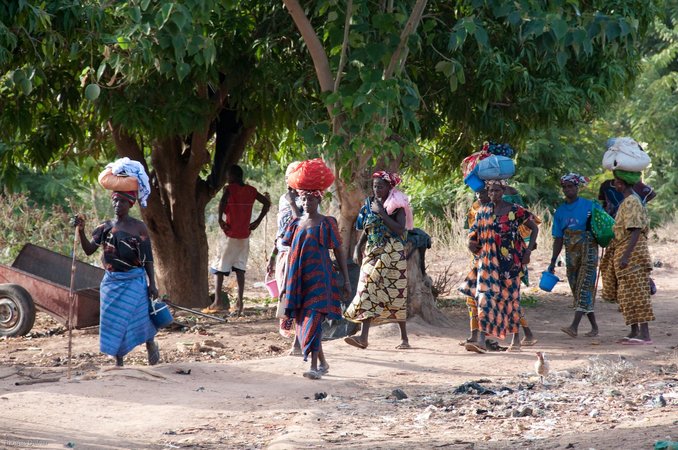The impact of collective Diaspora Support on community Resilience: case study on Rural Health Infrastructure in Burkina Faso | DIAHealth

- Partner country: Burkina Faso
- Project coordination: Markus Schermer
- Coordinating institution: University of Innsbruck, Department of Sociology
- Partner institution: Centre MURAZ de Bobo-Dioulassso
- Project duration: 2018-2019
- Project code: 222
About the project
The project will investigate the impact of collective remittances in the health sector on the resilience of a rural community. Besides financial remittances, the project will look into the role of social remittances (i.e. the sharing of exp eriences and transmitting of knowledge acquired by diaspora groups in Europe to members of their home community). The case study centres on a diaspora community in Bergamo / Italy that funded a health center and a drugstore in their partner community in Niaogho / Burkina Faso. The research aims to uncover the effects of investments in health infrastructure by diaspora communities on the community resilience and the related social practices. Furthermore, we want to know better, how the diaspora interacts with the local community in terms of selecting, planning, implementing and monitoring the health projects and how these private investments are integrated into governmental programs and intervent ions.
The project will conduct expert interviews and focus group discussions in Italy and in Burkina Faso. The analytical framework of the study combines Bourdieu’s (1992) theory of field and capital with the Sustainable Rural Livelihood frame work (Scoones 1998). This theoretical framework is further enhanced by the concepts of Community Capitals (Flora and Flora 2013) and Community Resilience (Wilson 2012).
The expected results will allow a more targeted sup port of diaspora networks for health benefits and improve the potential use for developm ent cooperation. This is of high relevance for donor countries and national development agencies, but also for government institutions in Burkina Faso.